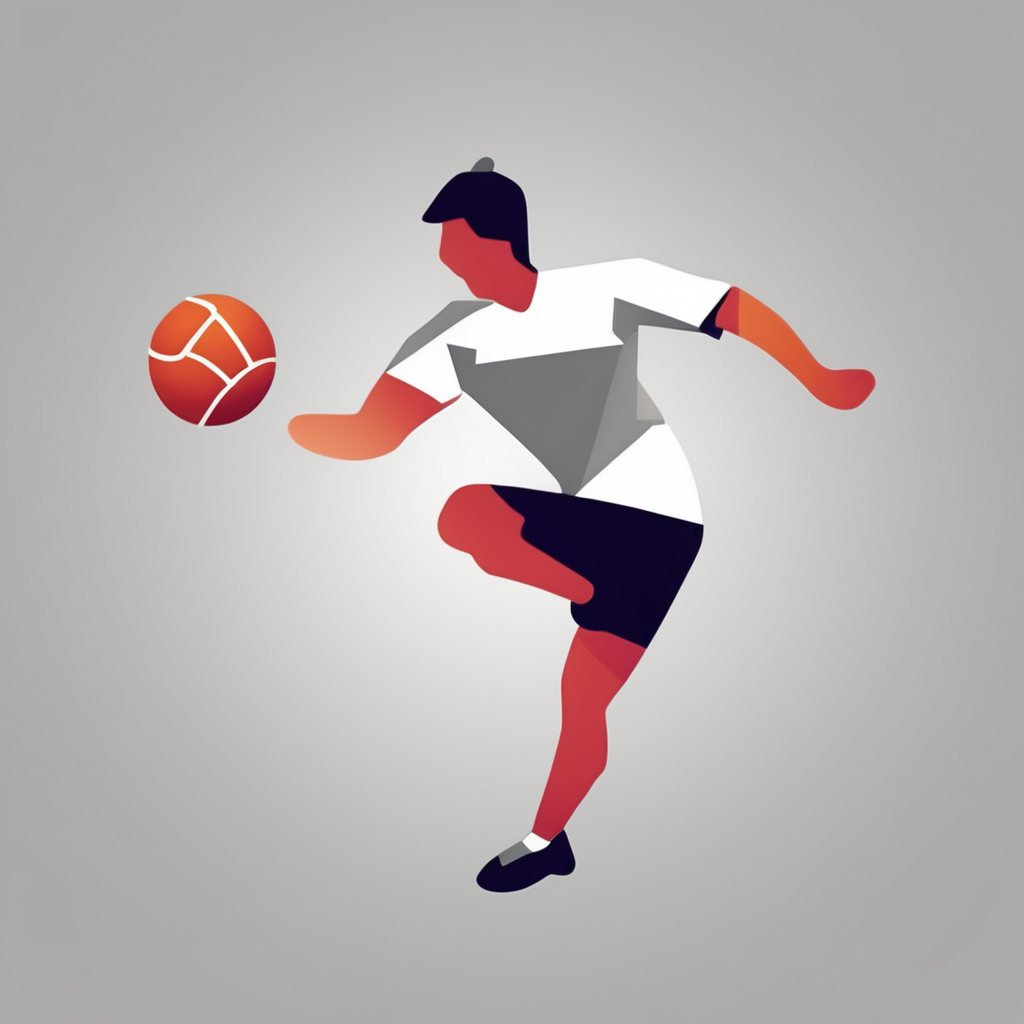Key Challenges Athletes Face in Lesser-Known UK Sports
Athletes in lesser-known sports UK often encounter significant challenges that differ from those in mainstream disciplines. A primary hurdle is the difficulty in securing consistent funding and sponsorship. Unlike established sports, minority sport athletes struggle to attract financial support, limiting their ability to train effectively or compete at higher levels.
Access to high-quality facilities and coaching is another major obstacle. Many minority sports lack dedicated venues or expert coaches due to lower demand and investment, making it harder for athletes to reach their full potential. This scarcity can stunt development and discourage emerging talent.
Additional reading : What are the environmental benefits of promoting alternative sports in the UK?
Public recognition and media coverage present further issues. Limited exposure means these athletes often cannot build a fan base or attract endorsements, which are essential for career sustainability. This cycle of low visibility and funding reinforces the challenges experienced in lesser-known sports UK.
Addressing these athlete obstacles requires targeted support schemes, community engagement, and increased media attention to uplift minority sports and provide equal opportunities for all competitors.
This might interest you : Exploring the Underdogs: Which Lesser-Known UK Sports Should Receive More Recognition?
Practical Solutions for Overcoming Barriers
Effective strategies to navigate challenges
Overcoming challenges in minority sports requires targeted, practical solutions tailored to specific obstacles athletes face. One effective approach is to leverage community networks and local clubs. These organizations often provide access to equipment, coaching, and peer support, which can alleviate feelings of isolation and financial strain.
When traditional funding is scarce, exploring alternative options becomes crucial. Crowdfunding platforms and grants designed for emerging or underrepresented sports offer financial resources that may not be available through standard sponsorships. These funding methods empower athletes to invest in training, travel, or competition entry fees.
Enhancing skills through online training programs allows athletes to maximize limited access to in-person coaching. Additionally, forming partnerships with other sports can expand expertise and foster innovation. For example, cross-training with complementary disciplines can improve overall performance while broadening support networks.
Together, these strategies form a resilient framework for athletes in minority sports to tackle obstacles and continue progressing despite limited infrastructure or recognition.
Personal Development and Maintaining Motivation
Understanding how to sustain drive in sports
Building athlete motivation begins with cultivating mental resilience. This involves recognizing challenges as opportunities, enabling athletes to push through setbacks without losing focus. Developing mental toughness encourages persistence even in demanding situations, crucial for personal growth in sports.
Setting achievable goals is essential. By breaking larger objectives into manageable milestones, athletes can track progress clearly. This approach not only boosts confidence but also maintains enthusiasm. Regular reflection on goals helps adjust plans and stay motivated.
Balancing sports, personal, and professional commitments requires discipline and effective time management. Prioritizing tasks prevents burnout, allowing athletes to maintain motivation consistently. Recognizing the need for rest and social interaction supports mental well-being, reinforcing long-term dedication.
Emphasizing these strategies creates a foundation where motivation thrives, supporting continuous personal and athletic development. Whether facing competition or everyday training, combining mental resilience, goal setting, and balance provides a reliable framework for success.
Gaining Visibility and Attracting Sponsorship
Unlocking pathways through strategic engagement
Gaining visibility is crucial for athletes aiming to secure sponsorship in UK sports. Social media and digital platforms offer unparalleled reach. By consistently sharing training progress, competition results, and personal stories, athletes engage followers and showcase their commitment. Platforms like Instagram, Twitter, and LinkedIn serve as dynamic stages to display authenticity and professionalism, important traits sponsors look for.
Building strong relationships with local businesses and sports organizations strengthens sponsorship prospects. These entities often seek to support promising talent within their community. Attending events, volunteering, and networking can foster connections that translate into sponsorship opportunities. Emphasizing mutual benefits encourages long-term partnerships rather than one-off deals.
Crafting a compelling personal brand is fundamental in marketing for athletes. This means identifying unique qualities and values that differentiate the athlete in a crowded market. Consistent messaging, high-quality content, and clear goals communicate professionalism. Sponsors prefer athletes who align with their brand values and can positively represent their products or services. Mastering these elements elevates visibility and draws sponsorship interest efficiently.
Success Stories and Expert Insights
In the realm of UK athlete success stories, emerging stars in lesser-known sports often face unique hurdles. Despite limited visibility and funding, these athletes demonstrate remarkable resilience and determination. For instance, a disabled rower from northern England triumphed at international events by leveraging tailored training regimens and mental toughness strategies.
Expert advice for athletes emphasizes the importance of mental preparation and strategic support systems. Sports psychologists recommend focusing on goal-setting and visualization techniques to enhance performance under pressure. Funding specialists advise exploring non-traditional sponsorships and grassroots grants that cater specifically to niche sports.
Inspiration in lesser-known sports is abundant when athletes share their journeys. Coaches highlight that adaptability and self-motivation often outweigh access to resources. By embracing setbacks as learning opportunities, these athletes develop grit that propels them beyond obstacles. Their stories offer valuable lessons for anyone striving to excel despite challenges, underscoring that success is attainable with the right mindset and support network.
